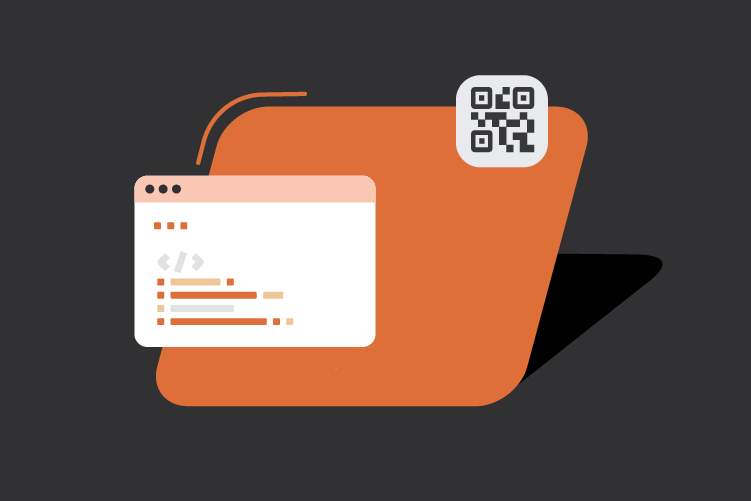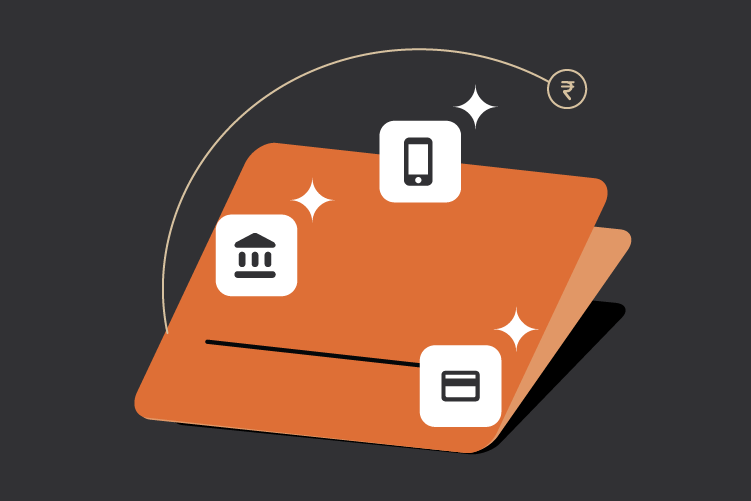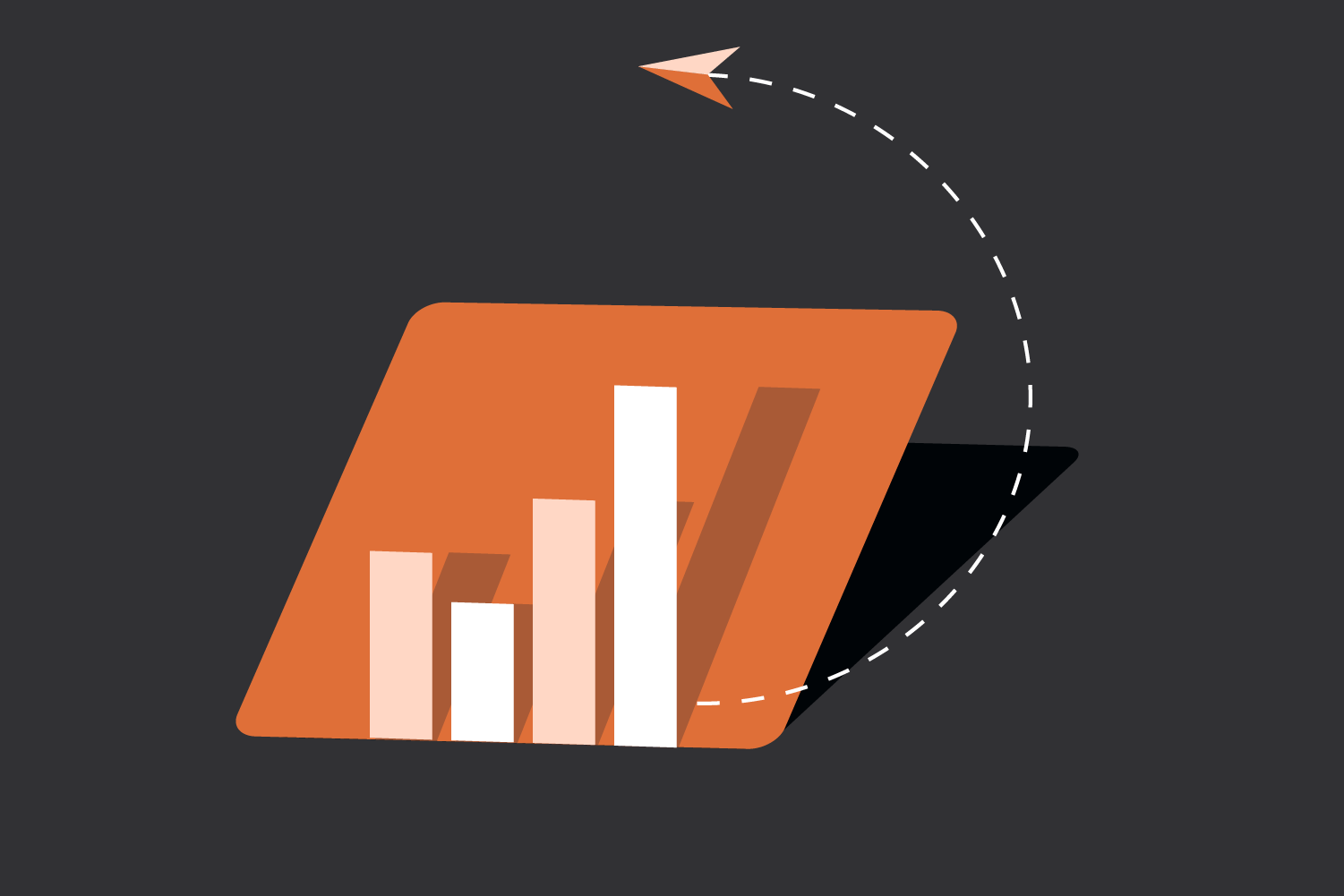In the modern digital economy, seamless financial transactions are at the core of every successful online business. Whether you’re an e-commerce platform, a freelance marketplace, or a service provider, enabling customers to make payments and receive payouts is fundamental. But how do these transactions happen smoothly, and what ensures their security? This is where payout gateways and payment gateways come into play.
What is a Payment Gateway?
A payment gateway is a technology solution that facilitates online transactions between a buyer and a seller. It acts as a digital middleman that securely transfers the transaction information from the customer to the acquiring bank, authorizes the payment, and processes the funds to the merchant’s account.
How Payment Gateways Work
- Customer Places an Order: When a customer decides to purchase a product or service online, they enter their payment details (such as credit card information) on the checkout page.
- Encryption & Data Transfer: The payment gateway encrypts this data to ensure that sensitive information is protected and sends it securely to the acquiring bank (merchant’s bank).
- Payment Authorization: The acquiring bank sends the transaction request to the issuing bank (the customer’s bank) for verification.
- Transaction Approval/Denial: The issuing bank checks if the customer has sufficient funds and confirms the transaction. If the details are correct, the payment is approved; otherwise, it’s declined.
- Completion of Transaction: The acquiring bank then settles the funds to the merchant’s account, and the payment gateway sends a notification to both the merchant and the customer.
Why Payment Gateways Are Important
- Security: Payment gateways use encryption and tokenization to protect sensitive customer information.
- Convenience: They enable fast and hassle-free transactions, enhancing the customer experience.
- Global Reach: Payment gateways can process multiple currencies, making it easier for businesses to accept payments from customers worldwide.
According to a report by Allied Market Research, the global payment gateway market was valued at $22.4 billion in 2021 and is projected to reach $98.2 billion by 2030, growing at a CAGR of 17.7% from 2022 to 2030. This exponential growth indicates how crucial payment gateways are for the future of e-commerce and online services.
What is a Payout Gateway?
On the other hand, a payout gateway is a service that allows businesses to send payments directly to the accounts of their customers, vendors, or service providers. Unlike payment gateways, which facilitate incoming payments, payout gateways handle outgoing transactions. They are essential for businesses that need to disburse funds regularly, such as payroll for employees, commissions for affiliates, or payments to freelancers.
How Payout Gateways Work
- Fund Disbursement Request: Businesses initiate a payout by providing the necessary details, including the recipient’s account information and the payout amount.
- Verification & Processing: The payout gateway verifies the details and processes the payment, ensuring that the funds are transferred securely and accurately.
- Disbursal to Recipient’s Account: After verification, the funds are deposited into the recipient’s account. Payout gateways support multiple payment methods, such as bank transfers, digital wallets, and card payments.
Why Payout Gateways Are Important
- Efficiency: They automate the disbursement process, reducing manual efforts and minimizing errors.
- Flexibility: Payout gateways can handle bulk payouts, making them ideal for businesses that need to pay multiple recipients simultaneously.
- Global Payments: Similar to payment gateways, payout gateways can process payments in multiple currencies, enabling businesses to expand their reach.
The digital payment market is booming, with projections indicating that the total transaction value is expected to show an annual growth rate (CAGR 2024-2028) of 9.52% resulting in a projected total amount of US$16.59tn by 2028. (Statista). This growth is driven by increased e-commerce activity, digital banking, and the rise of gig economy platforms that depend on reliable payout systems.
Refunds and Cashbacks: How Do They Work?
Refunds and cashback are vital features of modern payment systems, offering flexibility and better user experiences.
Refunds
A refund is a transaction reversal where the merchant sends the funds back to the customer if there’s an issue with a product or service. The process involves reversing the initial payment transaction through the payment gateway. This ensures the money goes back to the customer’s account securely. Payment gateways facilitate this by validating the refund request, ensuring compliance, and processing the reversal.
Cashback
Cashbacks, on the other hand, are incentives offered by businesses where a customer receives a portion of the money spent back into their account. This is processed through payout gateways as a form of outbound payment, directly depositing the cashback to the customer’s digital wallet or bank account. This feature is widely used to promote customer engagement and loyalty.
Payment Gateway vs. Payout Gateway: Key Differences
| Feature | Payment Gateway | Payout Gateway |
| Direction of Funds | Incoming (Customer to Merchant) | Outgoing (Merchant to Customer/Vendor) |
| Purpose | Accept payments | Disburse/make payments |
| Example Use Cases | E-commerce purchases, service subscriptions | Payroll, affiliate commissions, freelancer payments |
| Supported Payment Methods | Credit cards, digital wallets, bank transfers | Bank transfers, digital wallets, prepaid cards |
Choosing the Right Solution for Your Business
Both payout gateways and payment gateways are crucial, but the choice between them depends on your business model. If you’re running an online store, a payment gateway is necessary to accept payments from customers. If you operate a gig marketplace or a service-based business, you’ll need a payout gateway to manage outgoing payments. Some businesses, like multi-vendor e-commerce platforms, may need both to handle transactions effectively.
Integrating Seamless Payment Solutions with Zwitch APIs
For businesses looking to streamline their payment processes, integrating a reliable gateway is essential. Zwitch offers flexible and scalable APIs that allow businesses to integrate solutions into their platforms seamlessly. With robust security measures, and the ability to handle high-volume transactions, Zwitch APIs make it easier for businesses to manage all aspects of their financial transactions. Whether you need to accept payments from customers worldwide or disburse funds to your network, Zwitch provides the infrastructure you can trust.
Zwitch is Asia’s first no-code embedded finance platform, which means you can set up these essential services without extensive technical expertise. Also, Zwitch offers some of the lowest rates in the market, making it an ideal choice for businesses of all sizes looking for cost-effective and efficient solutions.
Interested in our APIs? Let’s talk!
Tell us your automation goals, and we’ll set you up with a free, personalized demo from our API expert.
Click HereFAQs
What is the difference between a payment gateway and a payout gateway?
A payment gateway facilitates incoming transactions (customer to merchant), while a payout gateway handles outgoing transactions (merchant to customer or vendor).
What is an acquiring bank?
An acquiring bank (also known as an acquirer or merchant bank) is a financial institution that processes credit and debit card payments on behalf of a merchant. It plays a key role in transferring funds from the customer’s bank (the issuing bank) to the merchant’s account.
Are payment gateways secure?
Yes, payment gateways use encryption, tokenization, and other security measures to protect sensitive customer information and prevent fraud.
Can a business use both payment and payout gateways?
Absolutely. Many businesses, especially marketplaces and gig platforms, use both to manage incoming and outgoing payments efficiently.
How long do payouts take to process?
The time varies depending on the payout gateway and the payment method used. Bank transfers can take 1-3 business days, while digital wallets may process payments instantly.
What are the fees for using payment or payout gateways?
Fees can vary based on the service provider, transaction volume, and payment method. It’s essential to compare different gateways to find one that suits your business needs. Zwitch offers one of the lowest rates in the market, helping businesses save on transaction costs.



0 Comments